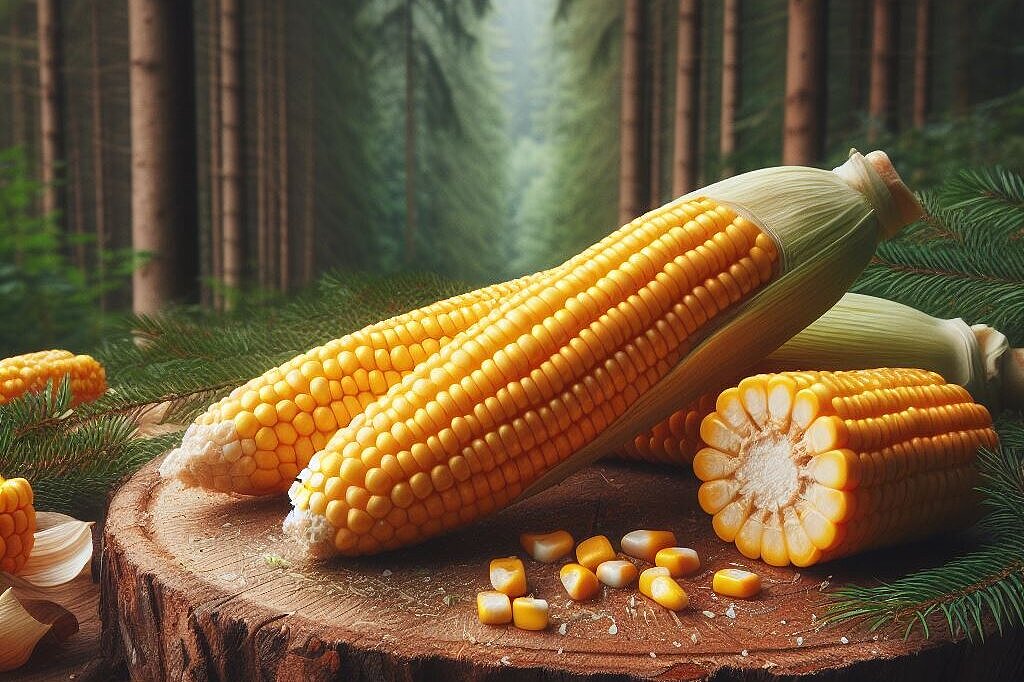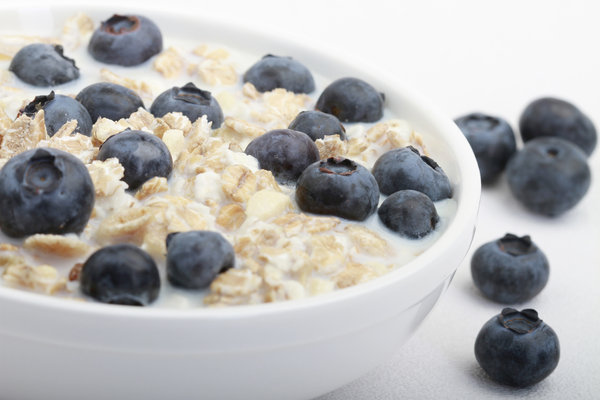Cornflakes

In modern animal nutrition, questions about human foods and their suitability for dogs arise time and again. One such food that often triggers discussions is cornflakes. These popular breakfast cereals can be found in many households, but what about their compatibility and safety for our four-legged friends? This article dives deep into the world of cornflakes, examining their composition and assessing the pros and cons of using them as a snack for dogs.
What is cornflakes?
Cornflakes are a breakfast cereal product made mainly from corn. They are made by flattening corn kernels, which are then dried and roasted to give them their characteristic crunchy texture. They are often enriched with sugar, salt and vitamins to improve their taste and nutritional value.
Nutritional profile
Cornflakes are primarily a source of carbohydrates, with some protein and minimal amounts of fat. Fortification with vitamins and minerals can make them a nutrient-rich option for people. But how does their nutritional profile affect dogs?
Benefits of cornflakes for dogs
Low fat and protein profile
For dogs that are prone to obesity or require a low-fat diet, cornflakes may seem like a suitable snack option at first glance as they are relatively low in fat and protein.
Easy availability
As a common food in many households, cornflakes are an easily accessible option to add occasional variety to a dog's diet.
Disadvantages and potential risks
Sugar and salt
Many cornflakes products contain added sugar and salt, which can be harmful to dogs. Sugar can lead to weight gain and dental problems, while too much salt can lead to electrolyte imbalances and dehydration.
Lack of nutrients
Cornflakes do not provide any nutritional value to dogs as they do not contain the necessary proteins, fats and other nutrients that dogs need for a balanced diet.
Gluten and allergies
Corn and the other ingredients in cornflakes may contain gluten, which can cause allergies or intolerances in some dogs.
Risk of overfeeding
Feeding cornflakes can lead to overfeeding, especially if they are given in addition to the regular meal, which increases the risk of obesity and diet-related diseases.
While cornflakes are not inherently toxic to dogs, the disadvantages and potential risks suggest that they should not be considered a regular part of a dog's diet. The decision to feed your dog cornflakes should be considered carefully and take into account individual health needs and dietary restrictions. When in doubt, it's always best to opt for snacks made specifically for dogs or consult a vet to ensure your dog's diet remains balanced and safe. Ultimately, your dog's health and well-being should always come first when it comes to making decisions about their diet.
If you notice any signs of hypersensitivity or poisoning in your dog, you should see your vet immediately. We are not a substitute for a vet, but we try to be as accurate as possible. Every dog reacts differently and we recommend you get a second opinion or consult your vet if in doubt.
Stay healthy and take good care of your four-legged friend!😊
Similar to Cornflakes
If your dog likes to nibble on a few kernels of corn or you give him some corn with his food, you don't need to worry. Corn is generally not poisonous or harmful to dogs. It can even have health...
Corn chips, also known as nachos or tortilla chips, are made from corn flour that is mixed with water to form a dough. This dough is then rolled out into thin flatbreads and cut or punched into...
What is muesli? Muesli is a mixture of various cereal flakes, nuts, seeds and dried fruit. There are many different types of muesli, which vary in composition, taste and quality. Muesli is usually...
Oat flakes are a cereal product made from the grains of the oat plant. The grains are cleaned, steamed, roasted and rolled into flakes. Oat flakes are rich in fiber, protein, vitamins and minerals....



